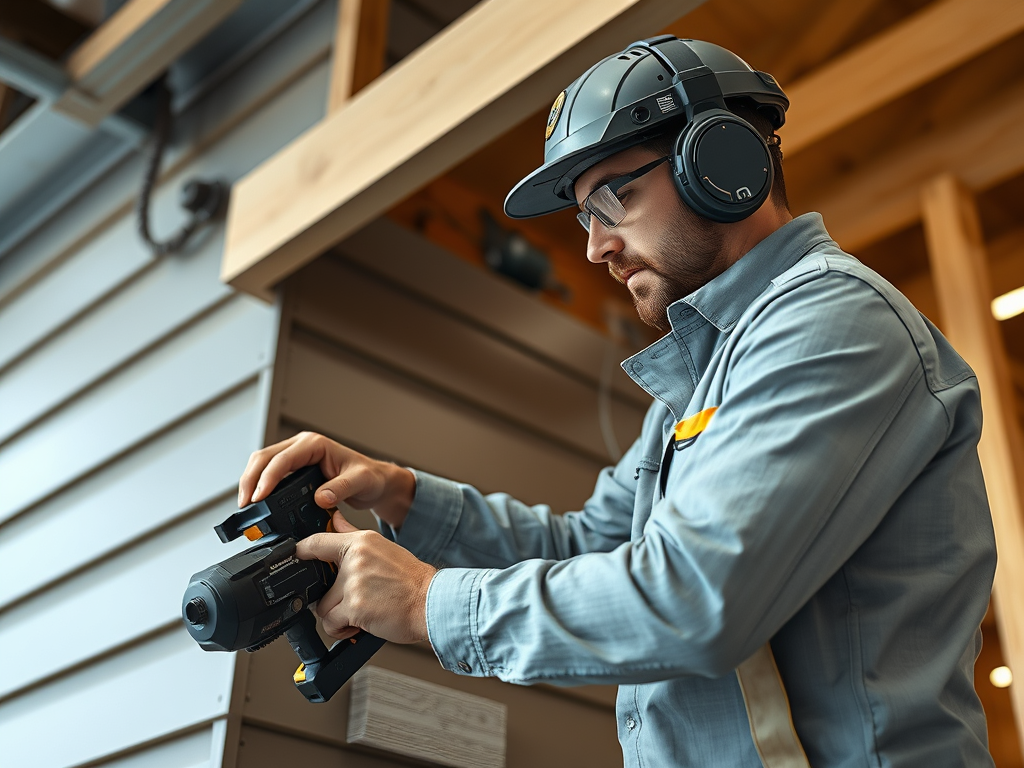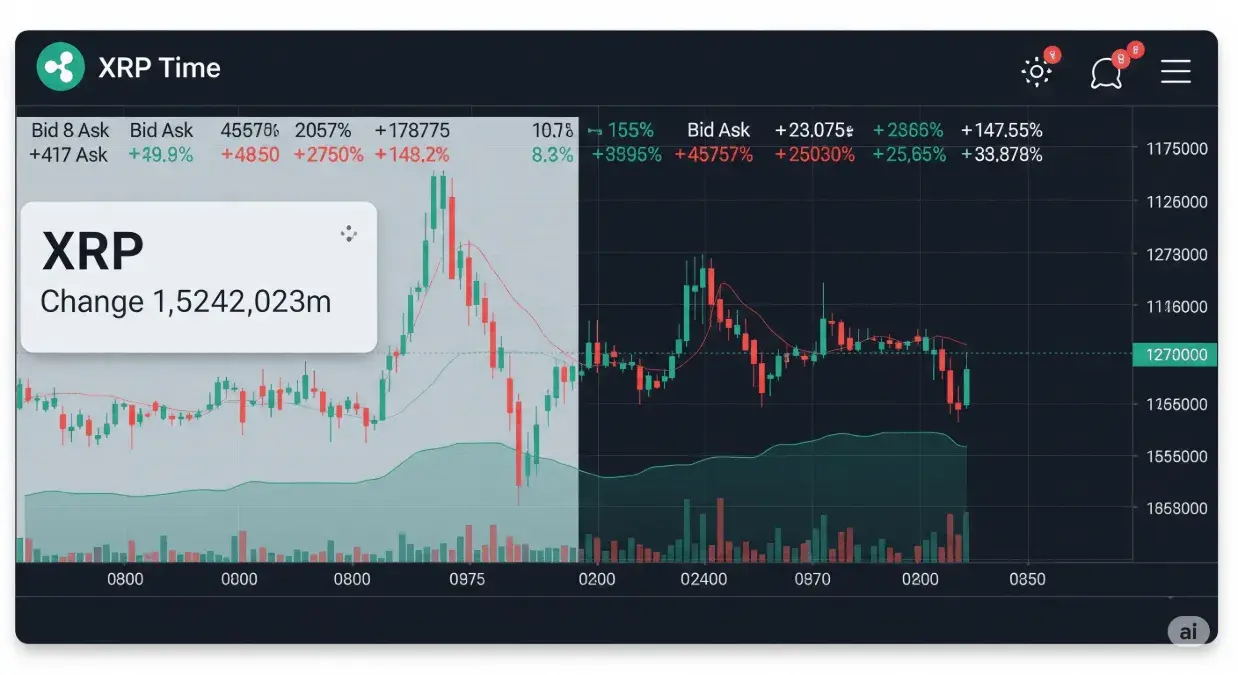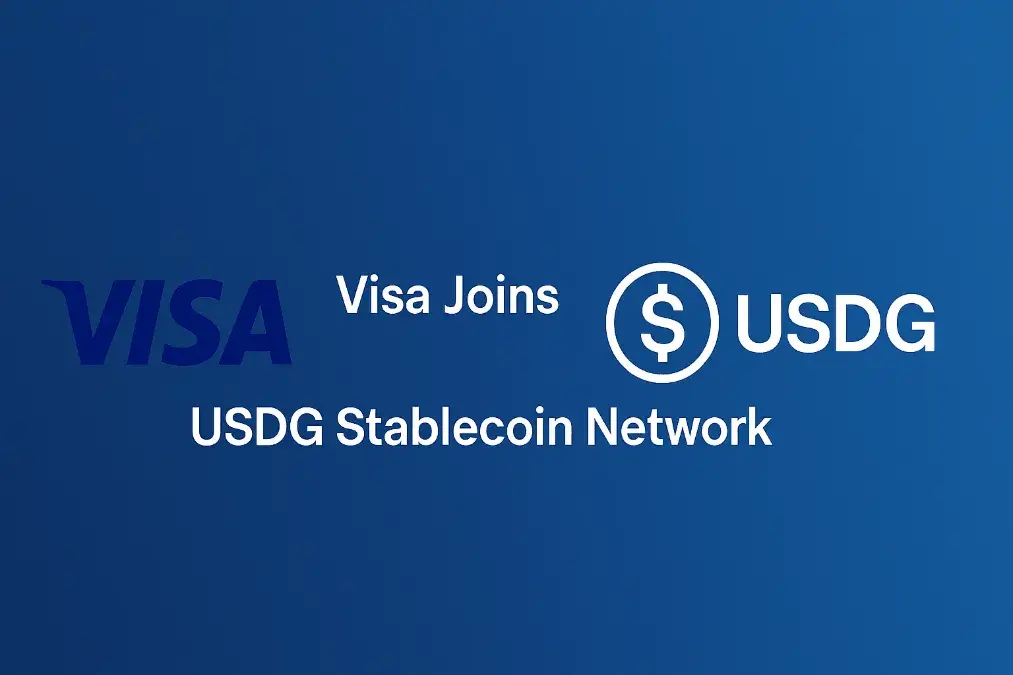Revolutionizing the Siding Industry: The Power of Blockchain technology for siding installers

The construction and home improvement sectors, traditionally characterized by complex supply chains, fragmented data, and varying degrees of transparency, are ripe for digital transformation. Among the myriad of emerging technologies, blockchain stands out as a particularly potent force, offering solutions to long-standing challenges. Specifically, the application of Blockchain technology for siding Barrie holds immense potential to reshape how materials are sourced, products are tracked, installations are managed, and warranties are honored, fostering a new era of trust, efficiency, and accountability within the industry.
Siding, a critical component of any building’s exterior, is not just about aesthetics; it’s about protection, energy efficiency, and long-term durability. The journey of siding—from raw material extraction to manufacturing, distribution, installation, and ultimately, homeowner satisfaction—involves numerous stakeholders. Each hand-off presents an opportunity for inefficiencies, errors, or even fraudulent claims. This is precisely where the inherent strengths of blockchain, such as immutability, decentralization, and cryptographic security, can deliver significant value.
The Problem with Traditional Siding Industry Practices
Historically, managing the vast amounts of data associated with siding Barrie projects has been a cumbersome task. Paper-based records, disparate digital systems, and a lack of centralized, verifiable information contribute to several pain points:
- Lack of Transparency: It’s often difficult for homeowners or even contractors to trace the origin of materials, verify their quality, or understand the full history of a product. This opacity can lead to distrust and make it challenging to address issues effectively.
- Inefficient Data Management: Manually tracking inventory, managing supplier relationships, and processing warranty claims are time-consuming and error-prone. This inefficiency translates to higher operational costs and slower response times.
- Fraud and Counterfeiting: The absence of a robust, verifiable system can make the industry vulnerable to counterfeit materials or fraudulent warranty claims, undermining the integrity of legitimate businesses.
- Disputes and Liability: Without an immutable record of transactions and product information, disputes over material quality, installation practices, or warranty coverage can be difficult and costly to resolve.
- Limited Traceability: If a batch of siding materials is found to be defective, recalling or identifying all affected installations can be a logistical nightmare without precise, readily accessible data.
How Blockchain Technology for Siding Provides Solutions
Blockchain technology for siding directly addresses these challenges by creating a shared, unchangeable ledger that can store and verify every piece of information relevant to the siding lifecycle. This distributed ledger technology (DLT) operates on a network of computers, with each new transaction or data entry added as a “block” and cryptographically linked to the previous one, forming an unbreakable chain.
Enhanced Transparency and Trust in the Supply Chain
One of the most compelling applications of Blockchain technology for siding is in establishing unprecedented transparency across the supply chain. Imagine a homeowner being able to scan a QR code on their siding and instantly access a wealth of information:
- Material Origins: Details about where the raw materials were sourced, ensuring ethical and sustainable practices.
- Manufacturing Processes: Information on the factory where the siding was produced, including quality control certifications.
- Supplier Information: Verified data on all distributors and retailers involved in the product’s journey.
- Performance Specifications: Immutable records of the siding’s technical specifications, such as R-value, fire rating, and wind resistance.
- Warranty Details: Clear and verifiable warranty terms, including activation dates and coverage details, directly linked to the specific product batch.
This level of transparency builds immense trust. Homeowners can be confident in the authenticity and quality of their siding, knowing that every step of its journey is recorded and verifiable. Similarly, contractors can easily verify the provenance of materials, reducing the risk of using substandard or fraudulent products. This application of Blockchain technology for siding directly combats the problem of opacity.
Streamlined Data Management and Efficiency
The immutable ledger created by Blockchain technology for siding can drastically improve data management and operational efficiency. Instead of fragmented databases and manual entries, all stakeholders can access a single source of truth. This means:
- Automated Tracking: From the moment raw materials enter a factory to the final installation, every movement and transformation can be recorded on the blockchain. This eliminates the need for manual tracking and reduces human error.
- Inventory Management: Real-time, accurate inventory data can be shared across the supply chain, optimizing stock levels and reducing waste.
- Faster Payments: Smart contracts, self-executing agreements stored on the blockchain, can automate payments to suppliers and contractors once predefined conditions (e.g., delivery of materials, completion of an installation phase) are met, accelerating cash flow.
- Reduced Administrative Overhead: The need for extensive paperwork and reconciliation processes is significantly diminished, freeing up resources for more productive tasks.
Preventing Fraud and Enhancing Security
The cryptographic nature of blockchain makes it incredibly secure and resistant to tampering. Once a piece of information is recorded on the ledger, it cannot be altered or deleted. This inherent security is a game-changer for the siding Barrie industry:
- Authenticity Verification: Each batch of siding can be assigned a unique digital identity on the blockchain, making it virtually impossible to substitute with counterfeit materials. This protects both manufacturers and consumers.
- Immutable Warranty Records: Warranty claims can be directly linked to the specific product’s blockchain record, preventing fraudulent claims and ensuring legitimate ones are honored promptly. This application of Blockchain technology for siding significantly enhances trust.
- Tamper-Proof Installation Records: Details about the installation, including date, contractor, and specific components used, can be immutably recorded, providing a clear audit trail in case of future disputes.
Facilitating Product Traceability and Recalls
In the unfortunate event of a defect or recall, Blockchain technology for siding transforms a chaotic process into a manageable one. With a complete, verifiable history of every product batch and its installation location, manufacturers can:
- Pinpoint Affected Products: Quickly identify all specific lots and locations where defective siding was installed.
- Efficiently Initiate Recalls: Proactively notify affected homeowners and contractors, minimizing potential damage and liability.
- Streamline Remediation: Coordinate replacement efforts more effectively, leveraging the precise data available on the blockchain.
This level of granular traceability is virtually impossible with traditional systems and represents a significant advantage in terms of consumer safety and brand reputation.
Real-World Applications: Beyond the Supply Chain
The utility of Blockchain technology for siding extends beyond just tracking materials. As exemplified by companies like AG Exteriors Matter INC., blockchain can be leveraged to manage various aspects of a construction project, creating a comprehensive digital ecosystem.
- Installation Request Management: When a customer requests a siding installation, their data and the specific requirements can be securely recorded on the blockchain. This ensures that all parties involved – from the sales team to the installers – have access to the same, verified information.
- Customer Data Security: Sensitive customer information, while handled with privacy protocols, can be managed and shared securely on a distributed ledger, providing an auditable trail of access and modifications.
- Monitoring Construction Work: Progress updates, quality control checks, and even photographic evidence of completed work stages can be timestamped and immutably stored on the blockchain. This offers a transparent and verifiable record of the entire installation process, reducing disputes and ensuring adherence to standards. Imagine a homeowner being able to view the installation progress in real-time, with verifiable timestamps, even if they are away.
- Maintenance and Repair History: Post-installation, any maintenance performed or repairs made to the siding can also be logged on the blockchain, creating a comprehensive service history for the property. This adds value for homeowners and provides valuable data for future servicing.
- Performance Monitoring: For technologically advanced siding materials, sensors could potentially feed data directly to the blockchain, recording performance metrics like insulation efficiency or weather resistance over time. This offers long-term insights and verifiable performance data.
Stay tuned for daily cryptocurrency news!
The Future of the Siding Industry with Blockchain
The integration of Blockchain technology for siding is not merely an incremental improvement; it’s a paradigm shift. It promises to build a more resilient, transparent, and efficient industry, benefiting manufacturers, suppliers, contractors, and most importantly, homeowners. As the technology matures and adoption increases, we can expect to see:
- Industry-Wide Standards: The development of standardized blockchain protocols for siding information, allowing for seamless data exchange across different companies and platforms.
- Increased Collaboration: A common, trustworthy data layer will foster greater collaboration among industry stakeholders, leading to innovations in product design, installation techniques, and customer service.
- Enhanced Consumer Empowerment: Homeowners will have unprecedented access to information about their siding, empowering them to make informed decisions and hold stakeholders accountable.
- Reduced Costs: Long-term cost savings derived from increased efficiency, reduced fraud, and streamlined dispute resolution.
The journey towards full blockchain integration will require investment in infrastructure, education, and the development of user-friendly interfaces. However, the potential rewards – a more trustworthy, efficient, and transparent siding industry – are well worth the effort. The application of Blockchain technology for siding Barrie is poised to become a cornerstone of modern construction.




